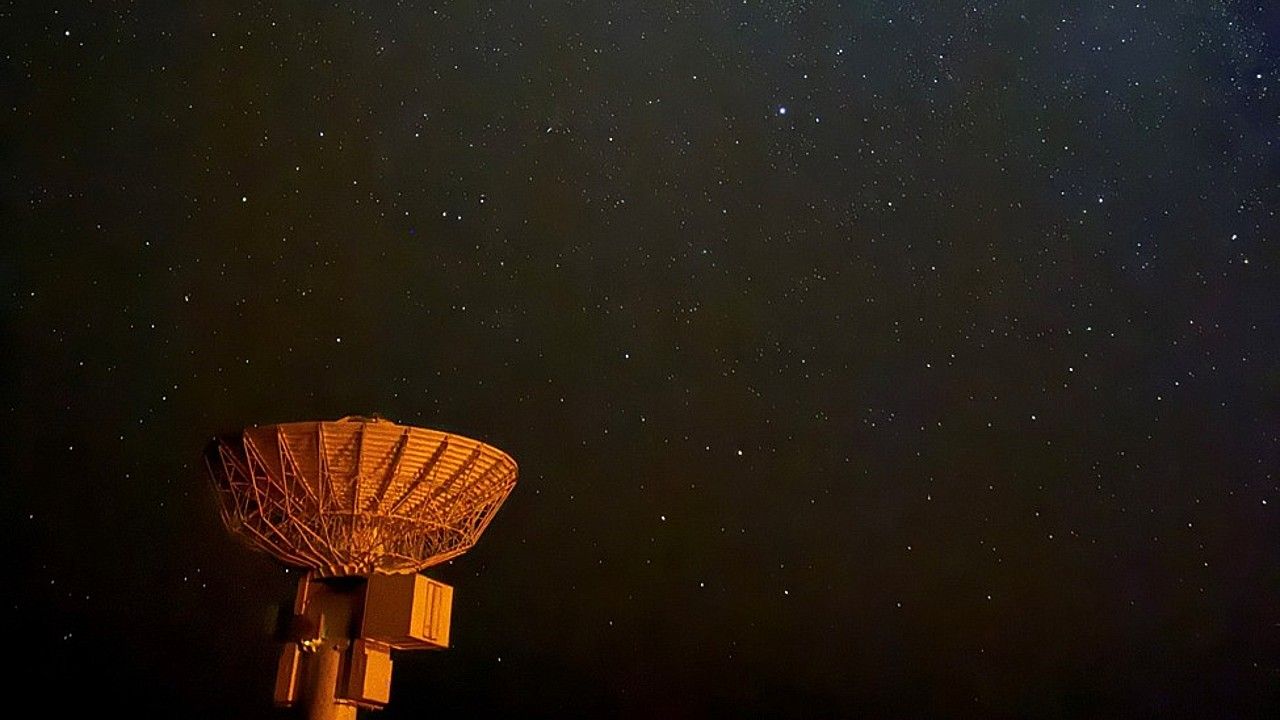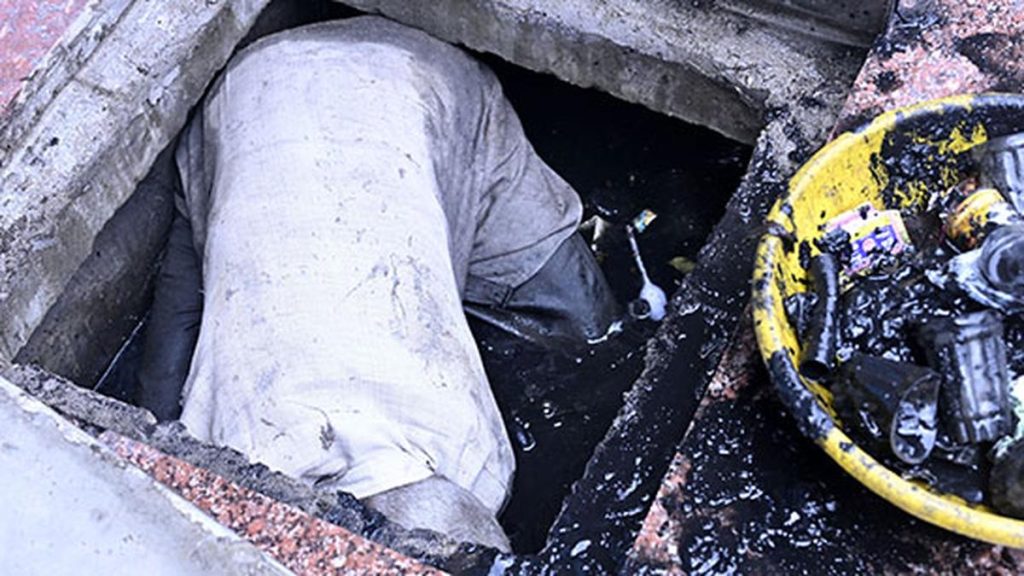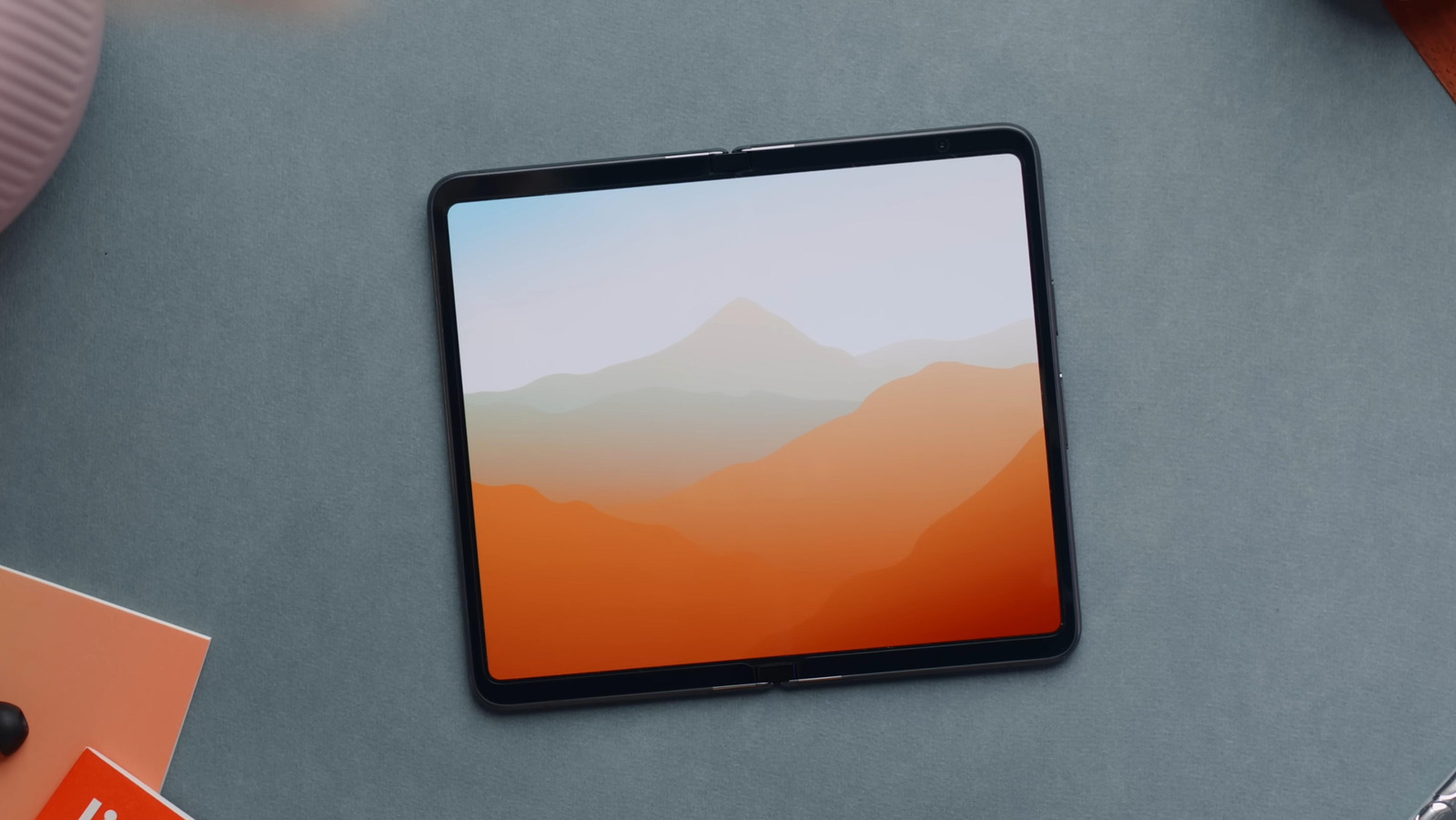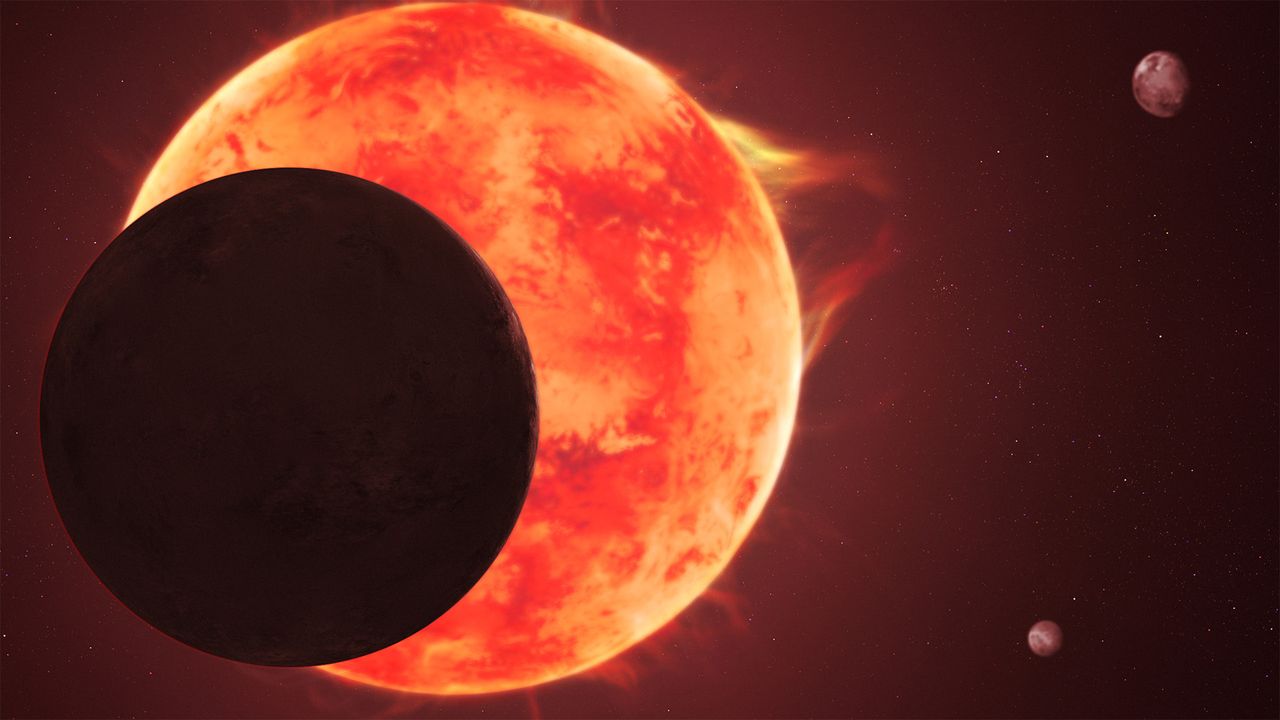Now Reading: US Space Force Successfully Tests Deep Space Radar Tracking Satellites 22,000 Miles Away
-
01
US Space Force Successfully Tests Deep Space Radar Tracking Satellites 22,000 Miles Away
US Space Force Successfully Tests Deep Space Radar Tracking Satellites 22,000 Miles Away

Fast Summary:
- the U.S. space Force’s Deep Space Advanced Radar Capability (DARC) has successfully completed a key test at Site-1 in Western Australia.
- DARC is being developed in collaboration with the UK and Australia under the AUKUS security partnership to monitor geosynchronous orbit (~22,000 miles above Earth).
- Seven of 27 planned antennas at Site-1 tracked multiple moving satellites and demonstrated the ability to track spacecraft that could pose threats to space assets or allied territories.
- The system aims to detect and identify very small objects in geosynchronous orbit, enhancing space domain awareness for national security purposes.
- DARC will consist of three global sites:
– Site-1 (operational by 2026), located in Western Australia.
– Site-2 (operational by 2028) in the UK.
– Site-3 (expected operational date by 2029), location currently pending within the continental United States.
- Militarization trends in space are propelling technological advancements like DARC as nations prepare for potential orbital warfare capabilities.
Indian Opinion Analysis:
The growth of advanced radar systems such as DARC underscores increasing global concerns about militarization and competition in outer space among major powers, especially those with active satellite programs-China, Russia, and the U.S. While India does not currently publicly endorse offensive space operations akin to those described here, enhanced international cooperation on monitoring geosynchronous orbit aligns closely with India’s emphasis on peaceful usage of outer space outlined by ISRO policies.
With India pursuing indigenous initiatives like Project Netra for tracking debris and safeguarding its satellites, this news highlights opportunities-and challenges-around collaborative frameworks like AUKUS that exclude other equally meaningful contributors such as india or Japan from global strategies shaping orbital security protocols.
India may view this evolving landscape as a call to further develop domestic capabilities while advocating stronger multilateral platforms governing responsible behavior toward shared celestial resources without escalating tensions.
Read more: US Space Force Test News

























